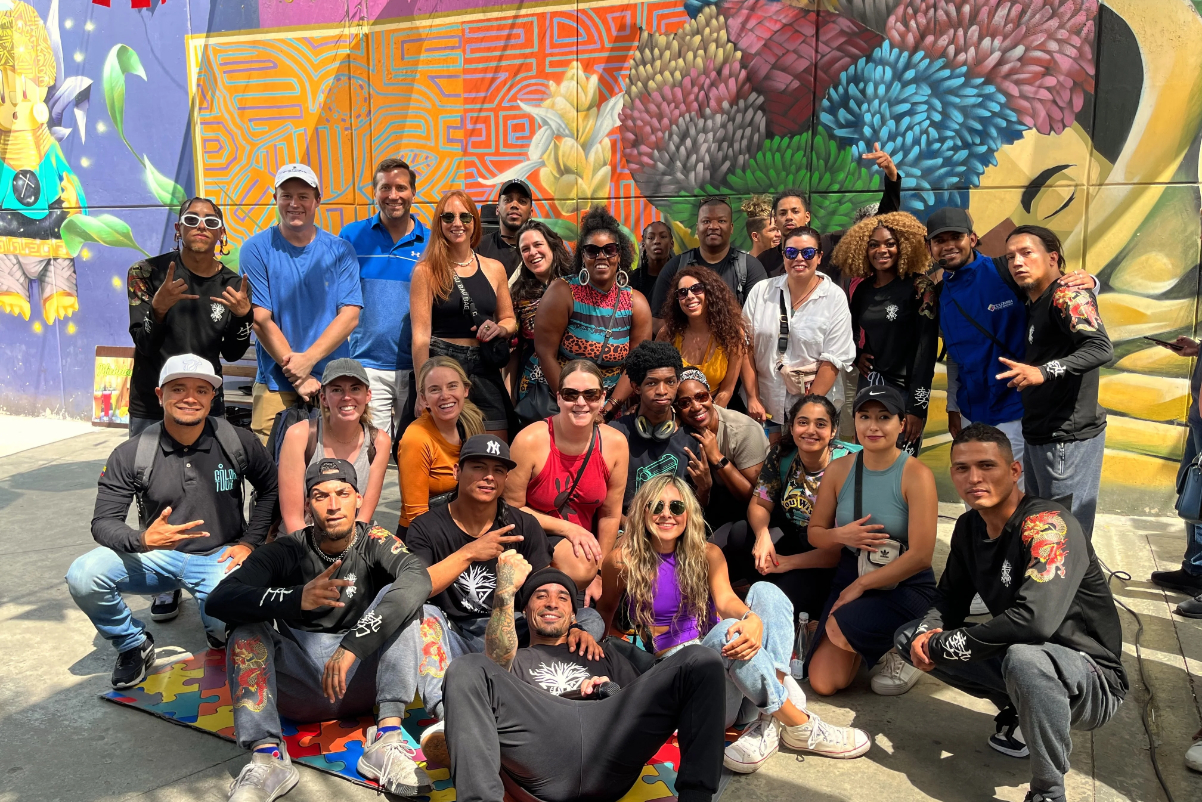Travel companies are taking the “book” out of Facebook
Skift Take
Hotels and at least one airline, Delta Air Lines, are facing up to the fact that the hoopla of recent years about how Facebook would become an increasingly popular place for travelers to book/transact their travel reservations is failing to materialize.
In its recent digital report about 57 global hotel brands, L2 Think Tank found that while 76% of the brands offered some form of booking on Facebook when it issued its 2012 report, that percentage dropped to just 52% of brands for the 2013 study.
Traffic from Facebook to the brands had decreased to 2% in the 2013 report, down from 5% in the 2012 L2 study.
Facebook feeling it
Facebook, too, is aware that brands in travel, and beyond it, are moving away from heavy commerce apps totally focused on the sale, and are tilting toward brand-building through consumer engagement.
“The success of a booking app comes down to the company and how they engage their customers on Facebook,” Lee McCabe, Facebook’s head of travel, told Skift. “If the travel brand is focused first on connecting with, engaging and influencing interested users on Facebook, then success is likely. If companies bypass those key basics and jump straight to app integration, then success is unlikely.”
Facebook takes the stance that it is agnostic about whether users book on Facebook or on the travel-company site, McCabe says.
“We’re more interested in giving companies the tools to find and engage interested customers,” McCabe says. “Stick to the basics, consider measuring results using multi-touch attribution, and you’ll see success.”
Facebook, of course, isn’t so laissez faire about whether companies use its advertising products to find and engage customers, but you get the idea.
Delta retires Ticket Counter app
Delta is one of the travel companies that recently abandoned Facebook booking.
The airline had announced the launch of its Ticket Counter Facebook app in August 2010, claiming to be the “first” to enable travel booking on Facebook, although Malaysia Airlines’ MHbuddy Facebook app may have truly been the initial adopter.
At any rate, MHbuddy is still available on Facebook, but Delta’s Away We Go app on Facebook now transfers travelers to Delta.com for bookings.
Delta quietly removed the Ticket Counter app on Facebook in December after finding that users of its Facebook page were more interested in travel planning or interacting with friends while at destinations than booking.
On the lodging front, brands such as W Hotels, Four Seasons, Hilton and Jumeirah have removed some Facebook booking capabilities over the last year, L2 states. Individual hotels such as the Arizona Grand Resort, which debuted Facebook booking in June 2011, have removed those capabilities entirely.
Plenty of companies, such as Morgans Hotel Group, still offer Facebook booking apps, but the trend away from these capabilities is evident among accommodations’ sites, large and small.
Dror Tirosh, the owner of Loki Hostels, with locations in Peru and Bolivia, says the company removed a Facebook booking app, and decided to use its Facebook page as more of a way to strike up conversations.
“When we decided on that change, along with changing the way and content we post, we also decided to take down the app that allowed for potential guests to book with us,” Tirosh says.
Tirosh adds: “I believe this was the right decision as nowadays with Facebook messages to pages, we get more guests messaging and asking for details and reservations than we ever got through the reservations app we had.”




